John Mitchell, partner at law firm Blake Morgan, looks at the question of health claims relating to charcoal
The trend for black food has made activated charcoal the unlikely star of many recipes. Look hard enough and you can now find black variations of almost any food item – burger buns, cheese, pizza dough and ice cream.
The monochrome appearance is not the only talking point; in its modified, food-grade form, charcoal has also attracted attention over a raft of supposed (as yet unsubstantiated) wellness benefits and detoxifying qualities.
A few years ago, the rise of charcoal suffered a setback in Italy, when health chiefs cracked down on the production of ‘black bread’ and marketing that suggested it could aid digestive disorders. Ultimately, the authorities banned bakers from describing products that used activated charcoal as ‘bread’ altogether.
Under EU law, activated charcoal is authorised as an additive – as a vegetable carbon, E153. But the only bakery wares for which it is permitted are ‘fine bakery wares’ rather than bread and rolls. This means there’s no such thing as charcoal bread – which is what the case concluded.
The Italian authorities also tried to specify that the use of charcoal in bread would make it a novel food – and therefore need the Commission’s approval for sale in the EU market. But novel foods are defined by not having been consumed to a significant degree in the EU before 1997, when this regulation was first introduced. The challenge here is that activated charcoal is approved for consumption as an additive, precluding it from being registered as a novel food.
Charcoal is authorised in ‘fine bakery ware’ as a colourant to give the desired effect and shade. This is often how the additive is used but it is not possible to make a health claim in relation to a fine bakery product that contains charcoal.
To be authorised, a health claim must be based on scientific evidence and it is the European Food Safety Authority that is responsible for evaluating that evidence.
In the EU register of nutrition and health claims on food, there is only one health claim authorised for charcoal, and the conditions for its use are very specific and clearly envisage that the charcoal would be consumed as a food supplement (i.e. in capsule form) rather than as a permitted additive in food.
Under current rules, to make a health claim on charcoal, the following conditions would have to be satisfied:
- Each serving would have to contain 1g of charcoal
The health claim would have to be accompanied by the instruction to consume one serving 30 minutes before a meal and one serving immediately afterwards
The health claim would have to be restricted to “consumption reduces excessive flatulence”.
Attaching unfounded wellbeing claims to a food that could mislead consumers is prohibited. So the specific – and slightly less glamorous – claim set out above is the only one that can be used for activated charcoal right now.
This hasn’t stopped the hype, however, and activated charcoal is still very much in vogue. But those wanting to bring more bakery products to the marketplace incorporating it need to accept that, while the effects on your well-being remain a grey area, the regulation remains very black and white.

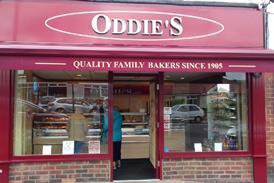

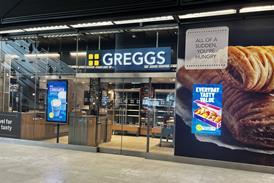




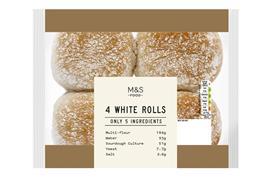
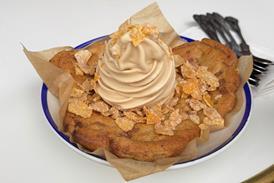






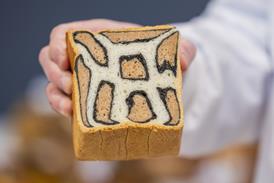

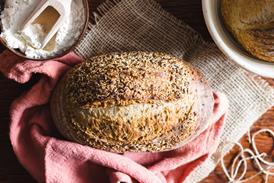


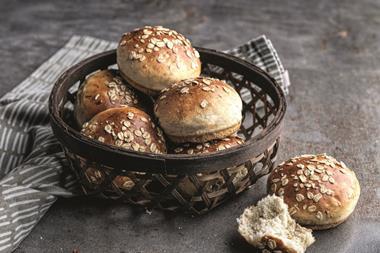

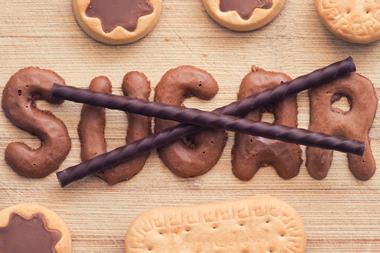
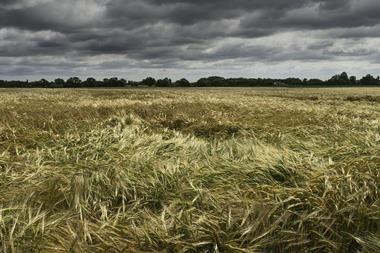





















No comments yet